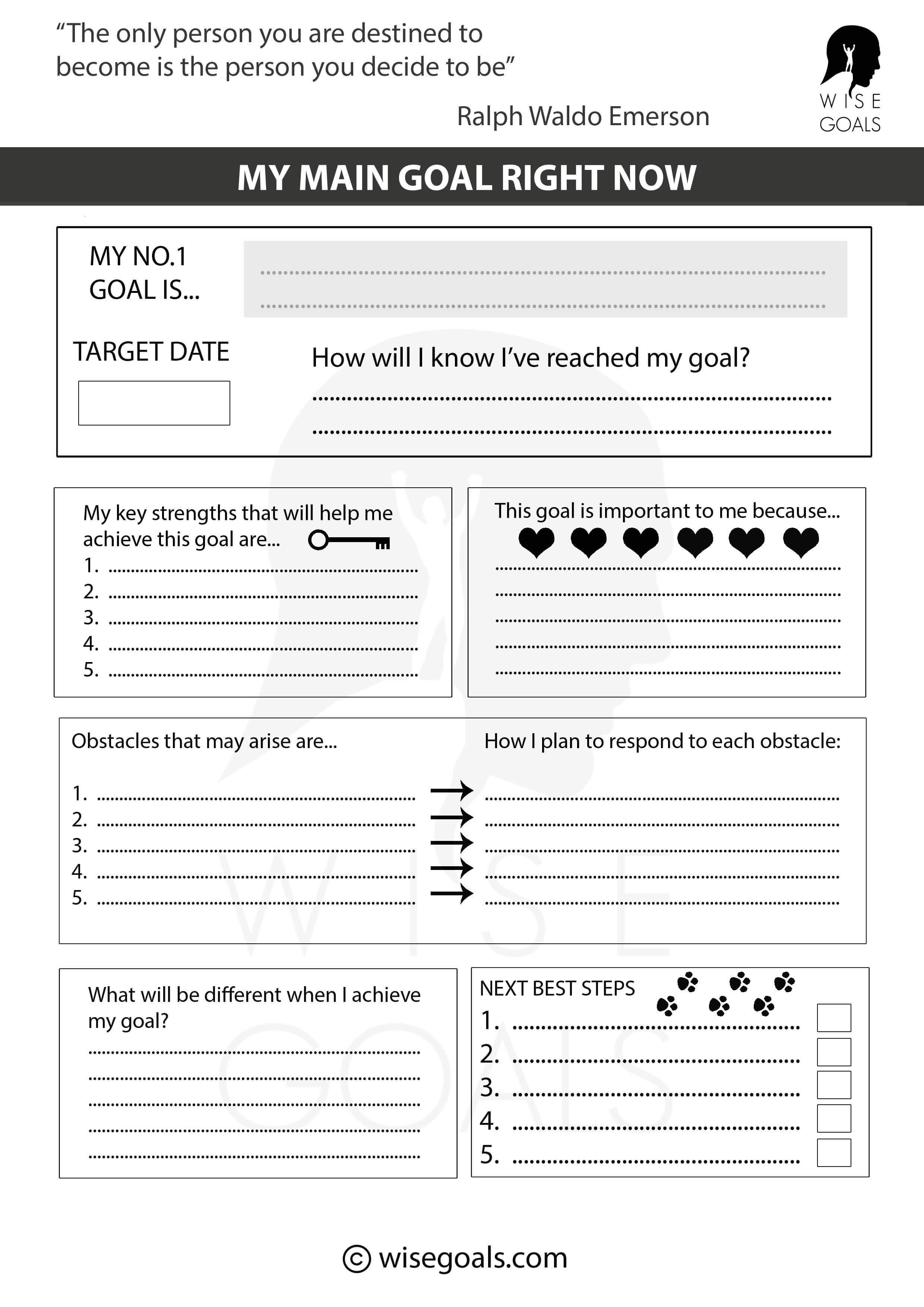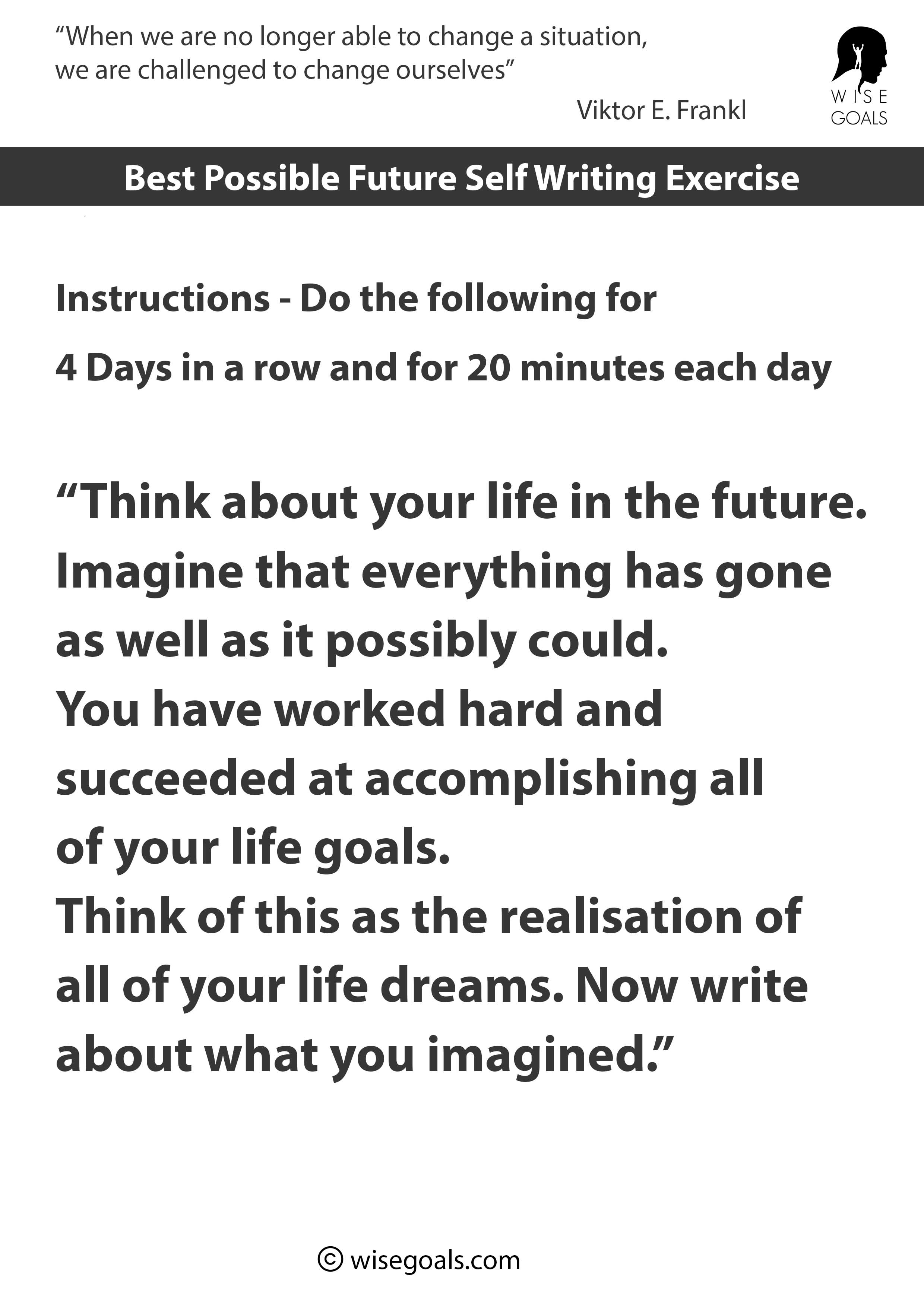WiseGoals: What Is the Pinnacle of Goal Setting Approaches?
At WiseGoals, we believe goal setting should be about more than productivity or ticking boxes.
It should uplift, include, and energise.
After more than two decades of research into what truly works—for individuals, teams, and communities—we’ve developed an approach that brings together the best of coaching psychology, positive psychology, and purpose-driven leadership.
We’re here to offer something deeper: a way of setting goals that’s bold, meaningful, and profoundly human.
Contents
1. What Is the Pinnacle of Goal Setting?
2. Introducing the WiseGoals Method
- Goals Rooted in Positive Leadership
- The Power of Positive Psychology
- Coaching Psychology for Breakthroughs
- Understanding Goals from a Trauma Perspective
- The Inner Experience: Emotional Inclusivity
3. Services We Offer
4. Conclusion: A Different Way to Set Goals
What Is the Pinnacle of Goal Setting?
To be the best of the best, a goal-setting method must be inclusive rather than exclusive.
It must uplift society, not just the individual.
It must unify, not divide.
And it must help us become better people—together.
Through over 20 years of research, we believe we’ve found the elements that accomplish this.
Whether you’re an individual, a team leader, a business owner, or someone navigating illness, change, or uncertainty—this method adapts and applies.
It draws from coaching psychology, positive psychology, and the science of positive leadership. It invites us to go for goals that matter in a way that brings out the best in ourselves and others.
Introducing the WiseGoals Method
The WiseGoals Method stands on five powerful foundations drawn from decades of research and practice:
1. Goals Rooted in Positive Leadership
We guide you toward goals that energise and elevate, not just for you—but for those around you.
These include five pillars:
- Contribution Goals: Making a difference creates lasting motivation.
- Virtuous Goals: When goals express your core values, they feel more alive and inspiring.
- Highly Positive Goals: Bold, ambitious goals shake us out of autopilot and awaken new possibilities.
- Strengths-Based Goals: Building on what’s strong (not what’s wrong) fuels progress and confidence.
- Energising Goals: The best goals don’t drain you—they give you energy, naturally.
2. The Power of Positive Psychology
Positive psychology explores what makes life worth living. It helps us understand how joy, resilience, meaning, and even challenge contribute to a fulfilling life. This science shows us that happiness isn't the absence of struggle—it’s the presence of purpose and connection, even through hardship.
"Positive Psychology is the scientific study of that which makes life worth living." — Peterson (2008)
“The content of positive psychology—happiness, flow, meaning, love, gratitude, growth—is human flourishing.” — Seligman (2011)
3. Coaching Psychology for Breakthroughs
Coaching psychology helps people change how they think, act, and relate to their goals. Once reserved for executives, these tools are now part of the WiseGoals approach—accessible to everyone.
“Coaching is the art of facilitating the performance, learning, and development of another.” — Downey (2003)
“It’s about unlocking people’s potential to maximise their own performance. Helping them learn rather than teaching them.” — Whitmore (2009)
4. Understanding Goals from a Trauma Perspective
Our parents, our grandparents, were all traumatised.
They survived tremendous difficulties.
One thing we know about trauma is that it gets passed on from generation to generation.
Over half of the population have reported experiencing multiple adverse childhood experiences. Given how each life takes shape during childhood and habits are formed, it's only natural that we see so many in survival mode—operating based on fear, and controlling others to get what they want.
Understanding the role that trauma plays within us and those around us—seeing that it was nobody's fault, just the flow of trauma through the ages—this realisation is inseparable from our ability to go for virtuous, contributing, positive goals.
The majority of goals we see in society are manifestations of trauma, of fear, of anger, of hurt.
We can set goals that heal ourselves and others.
We can live lives that lift ourselves and others.
We can create goals that make us brim with goodness-filled pride.
5. The Inner Experience: Emotional Inclusivity
Everyone faces inner resistance: fear, self-doubt, avoidance. Going for what truly matters stirs discomfort—it’s normal.
But instead of fighting through it blindly, the WiseGoals approach teaches you how to meet your inner world with skill and compassion.
We make achievement more inclusive by focusing on the emotional journey behind every goal. It’s not about pushing harder—it’s about relating better.
Services We Offer
WiseGoals currently offers:
1-to-1 Coaching
Personalised support tailored to your goals, inner world, and desired contribution. We help you design and pursue goals that truly energise and transform.
Group Coaching
Connect with others on a similar journey. Our group sessions create community, shared insight, and mutual accountability in a supportive and growth-focused environment.
Conclusion: A Different Way to Set Goals
At its heart, WiseGoals is about redefining the culture of goal setting.
We believe goals should:
- Heal rather than harm.
- Uplift rather than isolate.
- Be energising rather than exhausting.
- Focus on contribution, not comparison.
You don’t have to be perfect. You don’t have to feel ready. You just need to be willing to explore what matters most—to you and to the world.
This is the WiseGoals way.
Free Tools to Help You Shape Your Vision
- Goal-Setting Worksheets: Our powerful, easy-to-use worksheets guide you through the process of organizing your thoughts and breaking down your goals into manageable steps.
- Journal Writing Exercises: Explore your future with our reflective exercises like Best Possible Future Self, which helps you envision and plan your ideal future.
Last Updated: 06/05/2025

